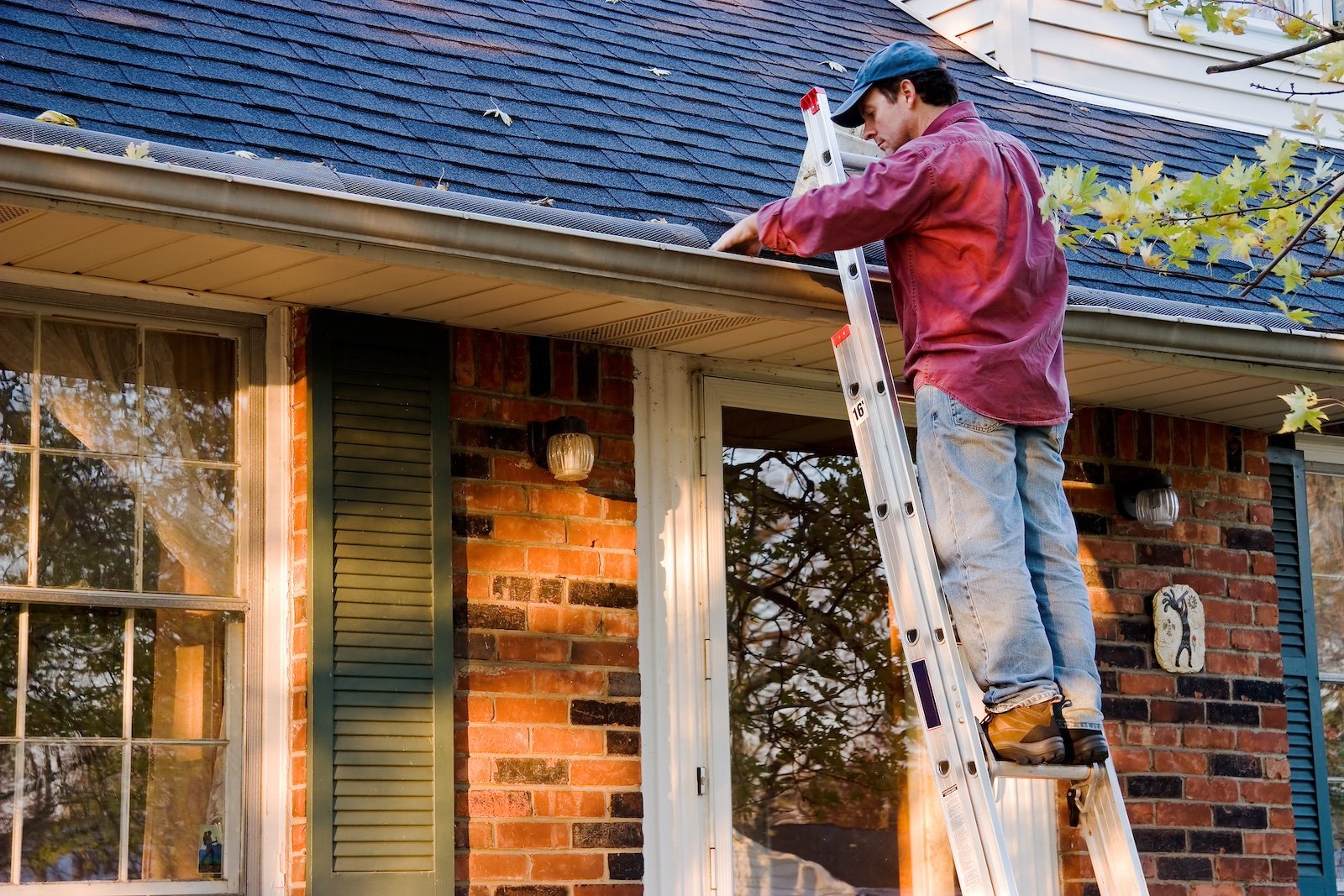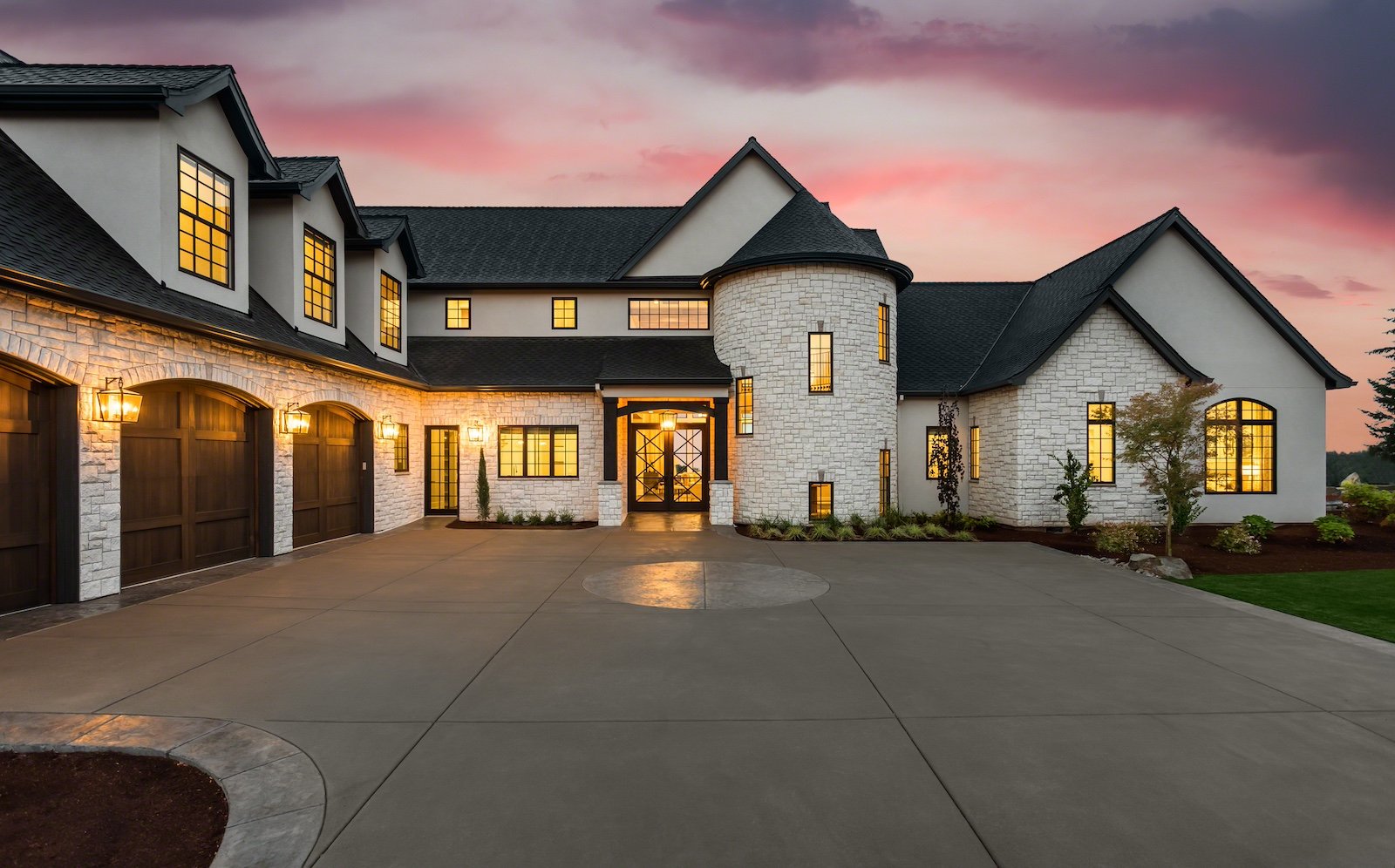The sale of a house matters a great deal to many, and various factors contribute to its success or failure. To have more chances of selling quickly and at the best possible price, it’s essential to avoid common mistakes that could turn potential buyers away.
We have researched various online forums and data sets from surveys to make a list of 12 common mistakes that you need to avoid if you want to sell your house.
Don’t Overprice Your Home

It’s a usual mistake that can stand in your way of selling the house. When the asking price for a home is too high, it may take long before it gets sold, thereby raising suspicions among potential buyers about their condition. Thus, those houses lose attractiveness over time, pointing out the seller’s desperation or hidden faults. Setting the correct prices for your home can draw more attention and speed up sales by looking at current market trends and comparing recent sales of comparable properties. Such homes often attract multiple offers, sometimes causing bidding wars with the highest bidder winning.
Don’t Overlook the Exterior

The first thing prospective buyers see is the look of your house from the outside. It determines their experience, and failing to improve your house’s exterior appeal would be a severe mistake. Basic improvements like cutting grass, changing the colors of front doors, and planting flowers can make significant differences. The front property experts have stated that houses with good curb appeal sell more than homes with ugly exteriors.
Don’t Hide Major Problems

When selling a home, you need to be transparent. If you try to cover up significant issues like leaking roofs or faulty wiring through walls, it can cause severe problems. Sometimes, that jeopardizes a sale and results in legal actions by purchasers discovering such defects after closing the deal. Therefore, being open about issues and rectifying or disclosing them beforehand can prevent future headaches. Buyers are more likely to trust a seller who admits what’s wrong with the home’s condition.
Don’t Over-Personalize the Space

Over-personalization, such as using bright paint colors, mismatched furniture, and particular use of spaces, might hinder others from envisioning themselves in the home. Your unique decorating style that you love may be a drawback for potential buyers. The aim is to create an impersonal space that appeals to many people.
Don’t Hold Back on Professional Photos

In this era of digital technology, most homebuyers begin their search online. Good photos are crucial in creating an excellent first impression. Listings with professional pictures have significantly more views and can sell quickly than those with lower-quality images. They even take 32% less time to sell than those that don’t. Professional photographers know how to emphasize the best attributes of your house and make tiny rooms appear larger and more welcoming, too. Investing in them can attract more potential buyers and generate more interest.
Avoid Being on the Premises During Showings

If there is a showing, being present and answering questions might be helpful. However, this might not be very beneficial. Buyers want to feel free enough to roam the house and desire to picture themselves in it. Your presence will make them nervous or hurried, hindering them from fully appreciating the building. Before considering this option, you should vacate the house to allow your realtor to conduct things independently. This lets prospective buyers take all the time they need and ask questions without intimidation.
Don’t Ignore Staging

Staging is not just about making a home pretty; it means creating an atmosphere that potential buyers will find appealing. Proper staging can emphasize your home’s best features while downplaying any weak elements. It also helps customers visualize the intended use of spaces, and simplifies their imaginations of staying there for good. Staged homes sold 48% faster and at a higher price than those not staged.
Don’t Refuse to Negotiate

Negotiations often take place while selling a house. If you’re stubborn about your price or conditions, it may put off potential customers. Therefore, the price, closing costs, repairs, and closing date should be subject to negotiation. Buying a home requires negotiation in 85% of all cases where successful transactions are involved. Thus, flexibility will make your house more attractive to purchasers and facilitate a quicker sale.
Don’t Forget to Depersonalize

Depersonalizing means removing all those personal items that others may find challenging to make this house their own, such as pictures of family members, individual collections, and unique decor. This move aims to create a neutral space where buyers can imagine themselves in the home with their style and what they have acquired over time. Such spaces feel more like an empty canvas, making it possible for any buyer to connect emotionally with the property.
Don’t Overlook the Importance of Cleanliness

While presenting your house to buyers, ensure you keep it clean. All building parts must be cleaned properly, not just the floor. For instance, pay attention to sparkling windows, spotless walls with fresh paint, and no bad smells around these regions. Purchasers are attracted by orderly homes that they perceive as well-managed properties.
Don’t Delay Repairs

Minor repairs can significantly influence how purchasers view your property. The property’s overall maintenance may become questionable if these repairs are ignored. Simple things like repairing leaky faucets, covering holes in walls, and replacing broken tiles will prevent buyers from focusing on negative aspects of your home.
Don’t Make It Difficult to Schedule Showings

Showing time flexibility is crucial as this will enable many potential customers. When you restrict showings to specific periods, the number of people visiting your home decreases. As you increase flexibility, you can accommodate more buyers. Accordingly, the chances of receiving offers are higher, so the sale occurs more quickly.


